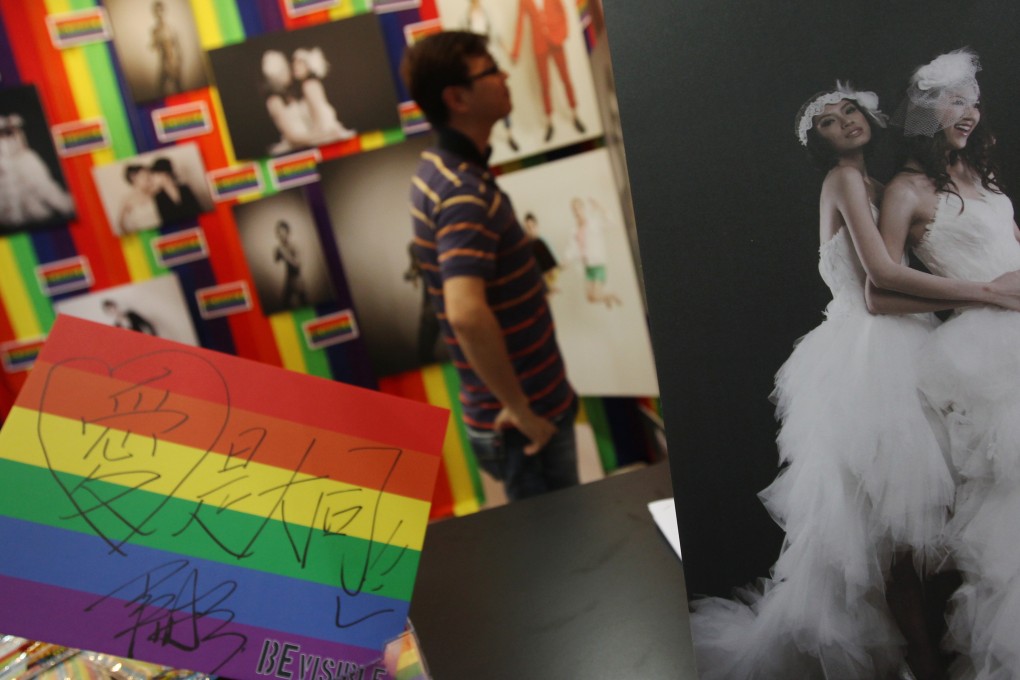Can a Confucian in modern China accept same-sex marriage?
Entrenched ideas of filial piety in China put huge pressure on gays, but things are changing slowly

What would Confucius say about same-sex marriage?
This question set China's social media abuzz after the US Supreme Court last month ruled that same-sex marriage was legal.
Affirming "the centrality of marriage" to human lives, Justice Anthony Kennedy wrote: "Confucius taught that marriage lies at the foundation of government."
To traditionalists, marriage and procreation form the core of Confucian family order. "Husband and wife" come third in his five cardinal relationships, below "ruler and subject" and "father and son" and above "brothers and friends".
Writing after the judgment, neo-Confucian scholar Fang Xudong cited Mencius: "There are three kinds of impiety, the worst of which is to have no descendants".
Others disputed this narrow understanding. A modern Confucian should accept a "committed and constructive" gay relationship, wrote Sinologist Sam Crane. Instead of reproduction, "what is important is that people perform humanity-creating social responsibilities".